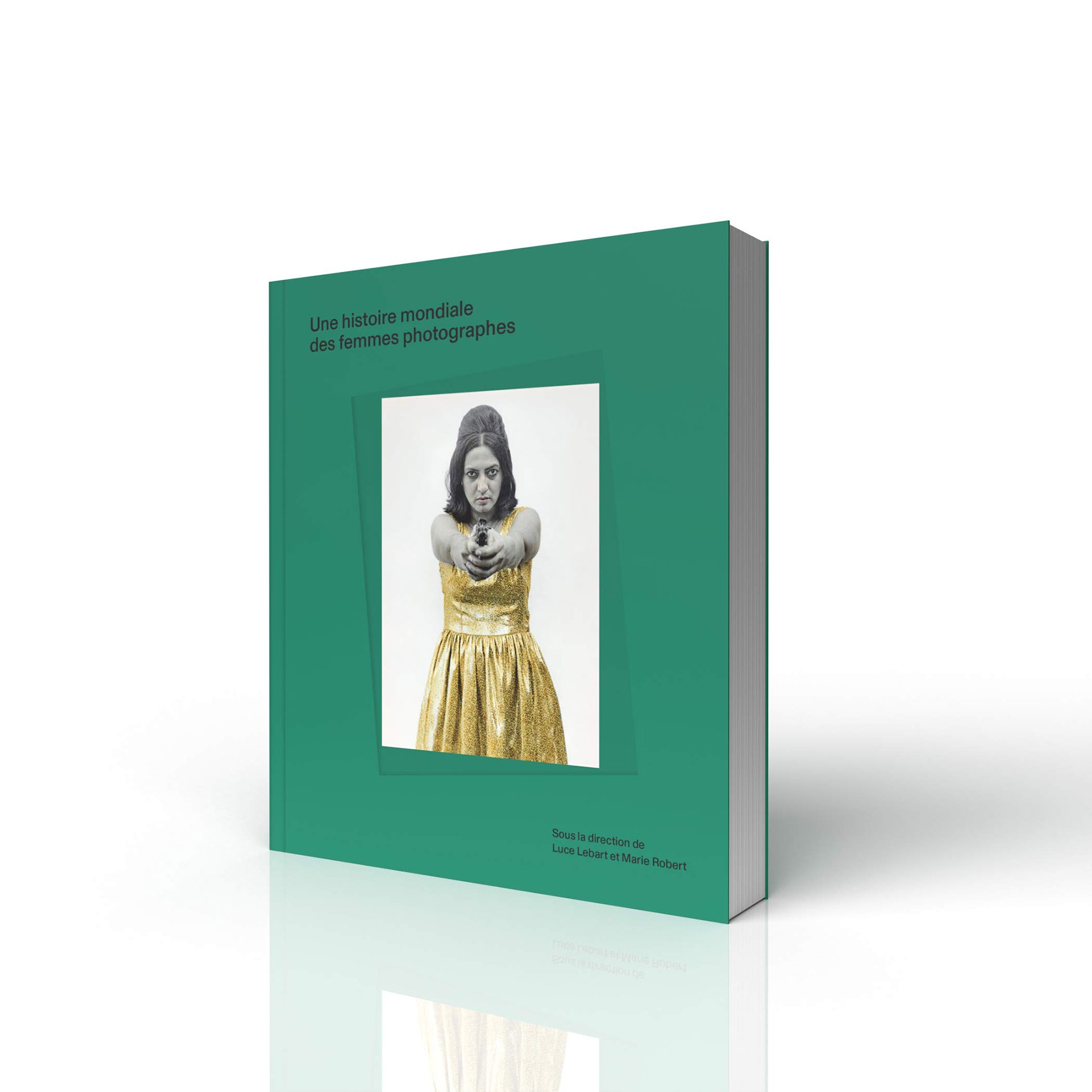Designed as a manifesto, the book A Global History of Women Photographers celebrates 300 women who have marked the history of photography from its birth in the 19th century to the present. This colossal and necessary project of more than 500 pages was led by historians Luce Lebart and Marie Robert.

Cover image for<em>Une histoire mondiale des femmes photographes</em>
This sweeping collective survey illustrated with 450 images features works by 300 women photographers from around the world, from the medium’s earliest days to the dawn of the 21st century. Few of their names have come down to us today: the renown of the “great masters” has airbrushed them out of the history of photography.
The erasure of women from the history of photography results from a long tradition of being discredited. However, these groundbreaking, independent photographers have endlessly documented, questioned and transfigured the world, demonstrating that the camera can be a fantastic tool of emancipation. They participated in all the movements and experiments of the 19th and 20th centuries.
For this manifesto book, Luce Lebart and Marie Robert asked 160 female authors from around the world to write about the diversity and careers of these photographers.
LUCE LEBART is a photography historian, exhibition curator, French correspondent for the Archive of Modern Conflict collection (London-Toronto) and author of Les Grands Photographes du XXe siècle (Larousse, 2017) and Les Silences d’Atget (Textuel, 2016).
MARIE ROBERT has been head curator of the Orsay Museum’s photography collection since 2011. She co-curated the shows “Qui a peur des femmes photographes?” (“Who’s Afraid of Women Photographers?”) and “Splendeurs et Misères. Images de la prostitution” (“Splendor and Misery. Images of Prostitution”).
Robert and Lebart’s research was made possible with help from the Rencontres d’Arles and Women In Motion, a Kering program that highlights women in the arts and culture.
The book received funding from the Ministry of Culture, the Ministry of Gender Equality, Diversity and Equality Opportunity and the Ile-de-France region.